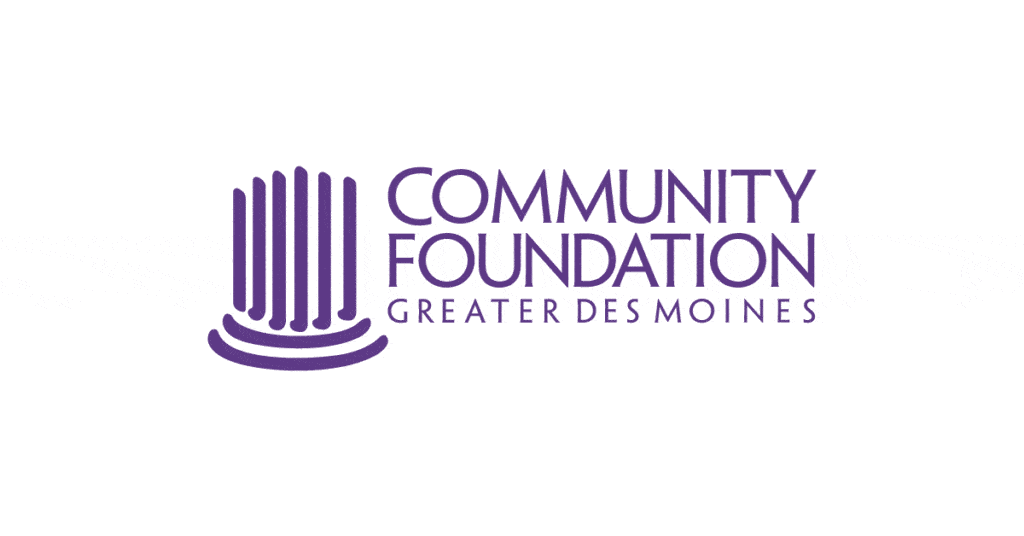Benefits study: Cash contributions not a motivator for HSA participation

BUSINESS RECORD STAFF Sep 29, 2016 | 3:18 pm
1 min read time
259 wordsAll Latest News, Banking and Finance, Health and WellnessInvolvement from company leadership plays more of a key role in driving employee health plan participation than do financial incentives, according to a new study by Wells Fargo Insurance.
Key among the findings was that an employer’s cash contribution to health savings accounts does not affect employee participation in plans with HSAs, an attractive lever for employers looking to reduce benefit costs. In addition, financial incentives did not motivate employees to opt out, or waive, medical plan coverage.
The 2016 Benefit Analytics and Benchmarking study analyzed more than 1,000 employers nationwide to better understand trends and costs related to employee benefits. It represents current data from 2016 representing more than 1 million employees.
“Many of the findings shatter traditional industry narratives that we have been following for the last 10 years, about cash and cash-equivalent incentives with employee benefit plans,” said Nick Allen, national practice leader for customer analytics with Wells Fargo Insurance’s Employee Benefits National Practice. “As it turns out, many employees do not view HSA contributions from their employers as an incentive when choosing plans.”
Employers who take an active role in plan management can favorably influence the total spent on benefit plans, the study found. However, only 45 percent of respondents indicated getting support from the executives.
“We’ve seen senior leaders encourage their employees to leave work early to exercise or to attend their annual physical appointment,” said Dan Gowen, national practice leader with Wells Fargo Insurance. “That type of encouragement from management sends a strong message, not only boosting employee morale, but having a positive financial impact.”









